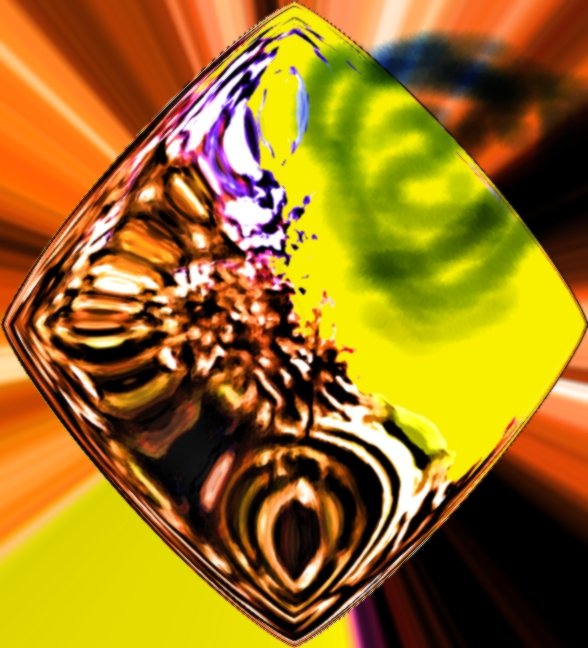Jesus Spreads Kingdom's Seeds Throughout Nature
Text and image by Rick McVicar
The fourth chapter of Mark’s Gospel features the sowing and growing of seeds as a theme for the working of God’s kingdom.
The kingdom of God is not just for people. It includes mustard plants providing habitats for wildlife.
By comparing God’s kingdom to seeds of grain and mustard seeds, Jesus spreads the swath of God’s kingdom over the entirety of God’s creation.
In the first 20 verses, Jesus compares his preaching to the sowing of seeds. He then talks of shining light in the next five verses before returning to speaking about seeds in versus 26-32, NRSV.
Interestingly, while Jesus talks about soil and light along with the seeds, he fails to mention rain. Growing seed depends on water, which Mark omits. That seems a bit odd for Mark, as he writes so much about lakes and bodies of water.
Why would Jesus leave out rain and the need for seeds to have water?
Apparently, Jesus does not like rainy weather. Who can blame him? Rainy days are not much fun and a string of consecutive rainy days can be miserable. In central Ohio, the winter has been exceptionally warm with rain being replaced with rain. The entire month of January, 2024 was cloudy, rainy and dreary. To celebrate the return of the sun, I produced a trance tune that can be found on this website’s music player page.
Returning to Mark, Jesus compares the sowing of seed to the workings of God’s kingdom. In verse 27, Jesus humanizes the seed, saying it “would sleep and rise night and day.” One can almost imagine the color of the pajamas as the seed goes to bed at night and awakens in the morning.
Details are given, as Jesus describes the growth of the stalk, head and grain. Then Jesus gets specific as he compares God’s kingdom to a mustard seed. The seed is tiny, while the plant it sprouts turns large. In this parable, Jesus highlights the transformation of the kingdom’s size in verses 30-32.
Besides size, why does Jesus choose a mustard seed? Interestingly, Jesus does not mention the flavor of mustard. Here is another omission that seems rather odd. The flavor of mustard is surely distinct. The mention of mustard prods all kinds of memories for the typical American, such as eating hot dogs in summer or bratwurst in the fall. Why doesn’t Jesus talk about the taste of mustard?
Instead, Jesus talks of a mustard plant providing a habitat for birds (v.32). Here Jesus is a true nature lover. He includes the nurturing of wildlife in his description of God’s kingdom.
I hope this inspires you to have artful health today.
Click on image to go to trance music video on YouTube.

